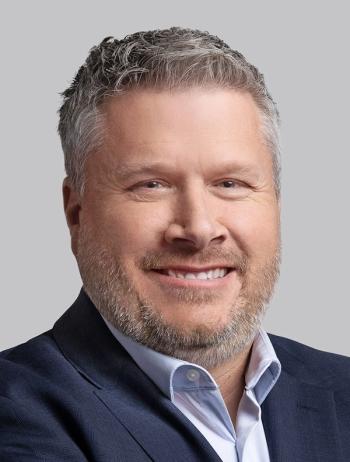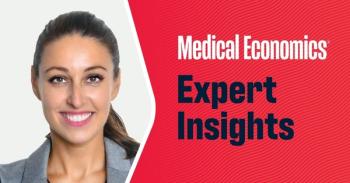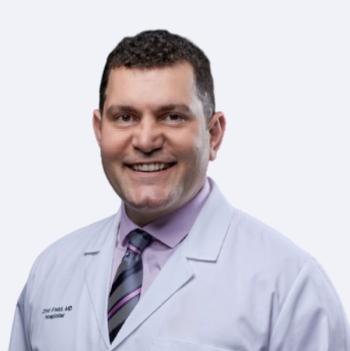
Fostering the next generation of physicians
"People always ask me where I find the time, but you know what, I make the time to teach these students."
As a child, Rachel Tatz had a keen interest in medicine, but
Then, as a high school sophomore, Tatz discovered “Dr. Rubin’s Mini Medical School” and from the first hour of the first day, what was an interest became a full-blown passion.
WATCH:
“I instantly got this feeling and discovered that there is this wonderful community of people in healthcare,” says Tatz, now 25 and a senior at the University of Illinois School of Medicine. “The field of medicine, as a physician, is bigger than yourself. It’s more than what you do in a hospital or in a clinic; it’s what you can do in the community that truly matters.”
Tatz is one of hundreds of pupils to have enrolled in the school founded in 2004 by pediatrician Ira Rubin, MD. What is now a competitive program generating more than 200 applications annually among high school students in suburban Chicago started humbly at the Rubin family dinner table as a father seeking a way for his two sons-Jason and Zachary-to further their own medical interests as the children of a physician.
CHANGEMAKERS IN MEDICINE:
After searching the metropolitan Chicago area for an introduction to a career in medicine and finding nothing, the elder Rubin started his own. Utilizing Zachary as his guinea pig, Rubin tested out curricula, lectures and associated hands-on demonstrations in everything from intubation to suturing in the conference room of a local hospital.
“For students to go into medicine today, they need to know how to get involved in it,” says Rubin. “I don’t know any way they can really get a solid experience to make sure they know this is the right choice for them outside of what we are doing, honestly.”
Today Rubin, 60, runs a “mini medical school” for high school students, and college premeds and, with the help of son Jason, a mini podiatric medical school. This is in addition to continuing to treat children full-time at his practice, Naperville Pediatric Associates. Youngest son Zachary moved from being one of the first mini medical students to a teaching assistant for his father while pursuing his own career as a physician. He is a pediatric resident at the University of Illinois children’s hospital and matched into a fellowship at Washington University St. Louis.
Manwhile, Rubin’s wife, Susan, also assists with running the program, even providing food during sessions and helping out with
“People always ask me where I find the time, but you know what, I make the time to teach these students,” says Rubin. “You can give a kid a bow and arrow and say, ‘now go hit a bullseye.’ Or, you can give them a better bow, a better arrow and show them where the bullseye is to give them a better shot at success. These kids get the science, the experience and we tell them the hard road they have ahead, so they are truly ready to pursue a career in medicine if they want one.”
And like Tatz, Rubin has seen a faint interest in medicine grow into something more for a high school student.
POPULAR ONLINE:
“You see the kids who understand the material as the program progresses and it really turns a light on in them,” he says. “They are focused, they are energized and as they get that sense of fulfillment, you literally make a major change in their perspective of life. It changes them and it changes me."
Newsletter
Stay informed and empowered with Medical Economics enewsletter, delivering expert insights, financial strategies, practice management tips and technology trends — tailored for today’s physicians.






